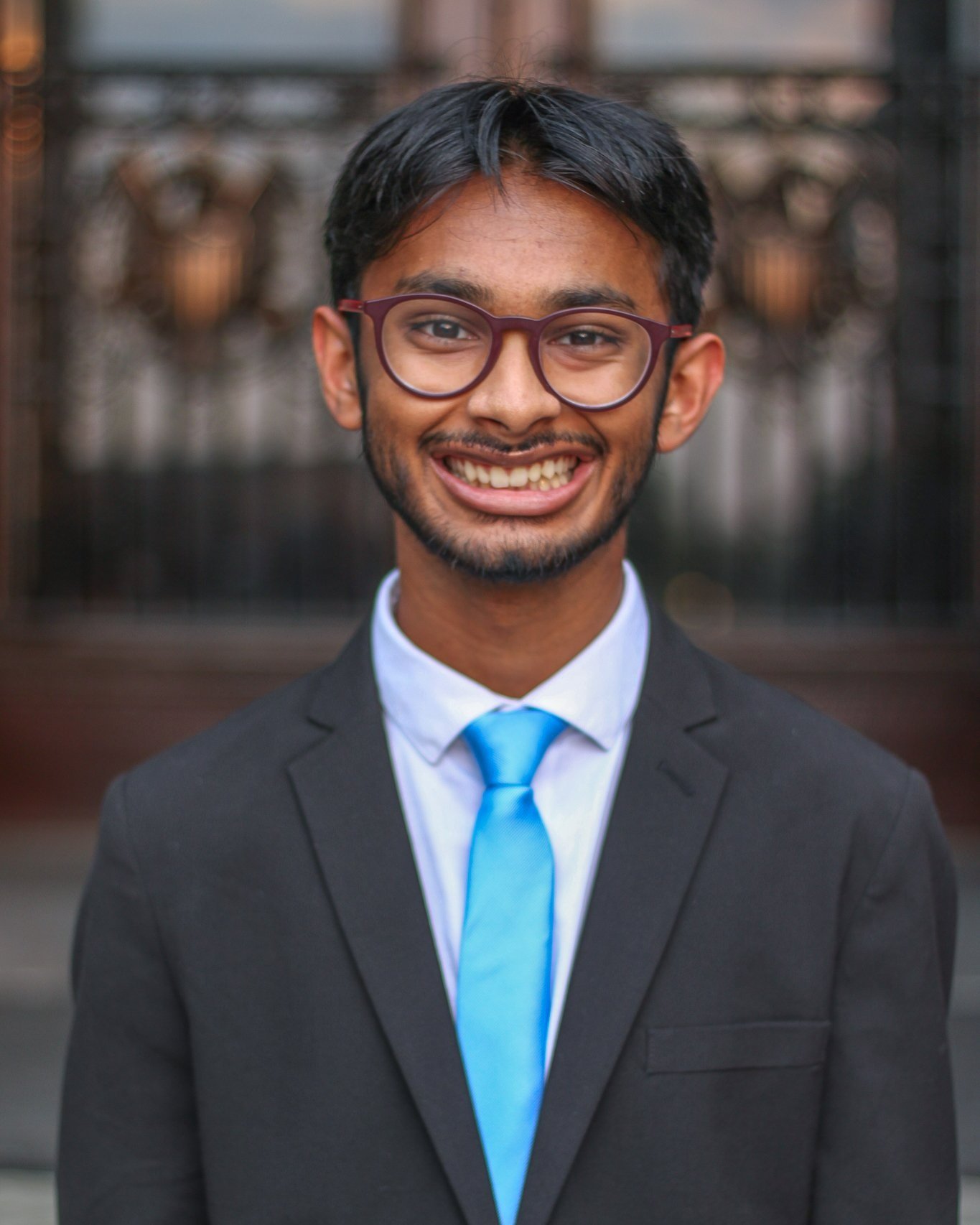Disarmament and Security Committee (DISEC)
APPROXIMATE COMMITTEE SIZE: 30-40 delegates
NOTE: This is a single-delegate committee.
TOPIC: How Hired Armies Are Shaping International Security
The increasing reliance on Private Military Companies (PMCs) in global conflict zones has raised significant concerns about the implications of outsourcing military tasks to private entities. These companies provide various services, including security, training, and logistical support, which have traditionally been the purview of national armed forces. PMCs, like Executive Outcomes in Angola/Sierra Leone or Blackwater in Iraq/Afghanistan, have shown the impact of privately operated armies on international security and local populations. Their deployment in combat and peacekeeping operations has prompted debates regarding accountability, transparency, and the ethical ramifications of private armies' involvement in government security strategies.
The use of PMCs presents complex legal challenges, especially regarding their accountability under international law. Unlike national armies, PMCs operate under contracts that sometimes blur legal lines, making it difficult to hold them responsible for human rights violations. This lack of clear accountability mechanisms can lead to destabilizing consequences in already volatile regions, as unchecked PMC activities may escalate conflicts or contribute to human rights abuses. The rapid growth of PMCs and the influence of the military-industrial complex (MIC) have raised questions about the ethical trade-offs in balancing security with human rights, accountability, and transparency in government actions.
Committee Details
In this committee, delegates will examine the role of PMCs in contemporary security frameworks and the responsibilities they should uphold under international law. Discussions will focus on developing frameworks for increased accountability and oversight of PMCs to prevent destabilization and human rights violations in conflict zones. Delegates will explore potential regulatory solutions to govern PMC operations and consider the ethical dilemmas posed by privatizing military functions. The committee will also delve into how PMCs serve as tools of great powers, shaping global security dynamics while navigating the tension between security objectives and ethical considerations.
CHAIR: Bethe bogrette
ABOUT THE CHAIR
Bethe Bogrette is a member of the Class of 2027 in the Walsh School of Foreign Service, majoring in International Politics with an International Security concentration and minoring in English. She is from Hershey, Pennsylvania. Bethe has been involved with Model UN for the past six years– at Georgetown, she is currently the Under-Secretary-General of General Assemblies for NAIMUN LXII. Outside of NAIMUN, Bethe loves to spend time outside, often using her weekends to go camping, hiking, or mountain biking, or simply reading outside of the Leavey Center on sunny days. She is so excited to have the opportunity to serve as this year’s DistrictMUN DISEC Co-Chair and work with the dias to create an unforgettable conference weekend for this year's delegates!
CHAIR: Dhruv shah
ABOUT THE CHAIR
Dhruv Shah is a member of Georgetown University School of Foreign Service’s Class of 2026, majoring in International Economics. Hailing from New Jersey, Dhruv began competing in Model UN in his freshman year of high school and served as Secretary-General of his high school’s second annual MUN conference. This is Dhruv’s third year as a Chair for DistrictMUN. He also serves as Chief of Staff for NAIMUN LXII, the largest student-run high school Model UN conference in the world. Outside of Model UN, Dhruv is involved in the Asian-American Student Association and Georgetown University College Democrats. In his free time, Dhruv is either yapping with staffers, taking a nap, or listening to a political podcast. Dhruv looks forward to seeing you all at DistrictMUN V in April!



